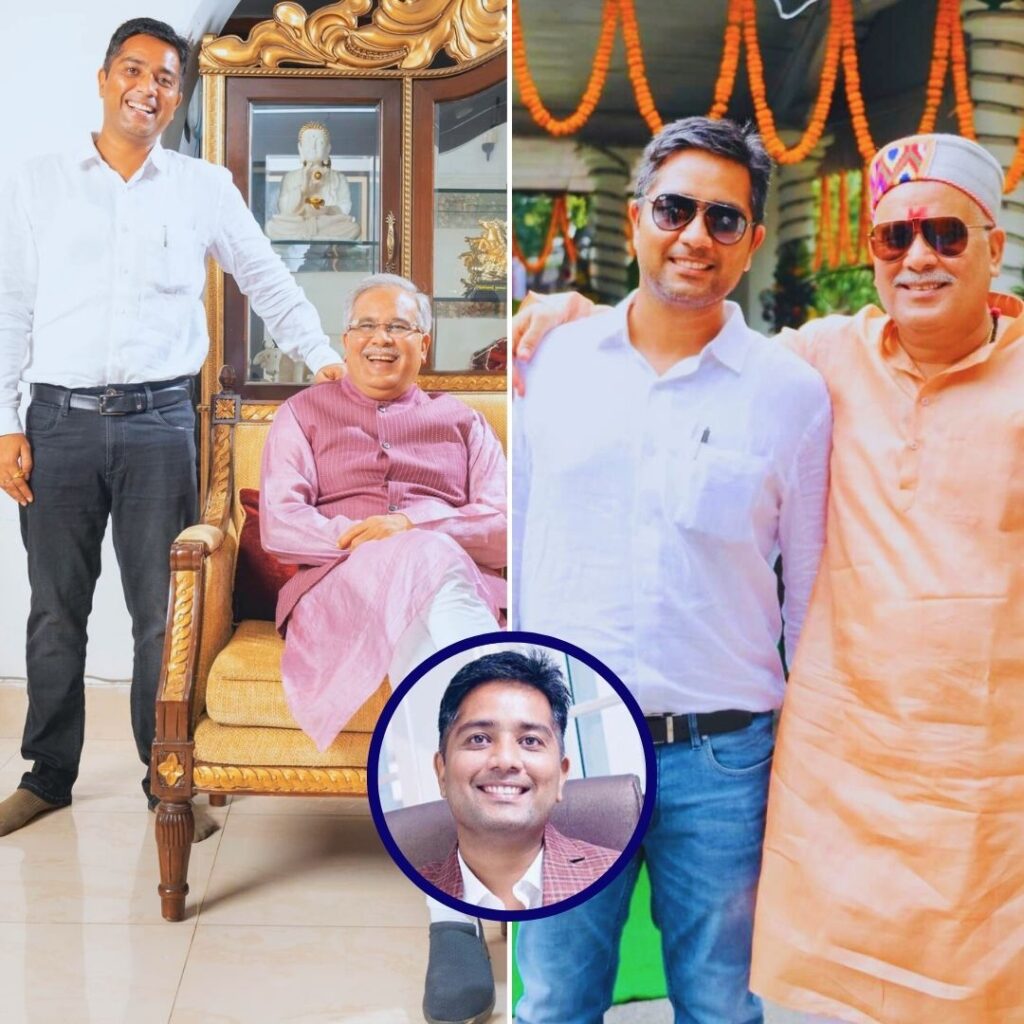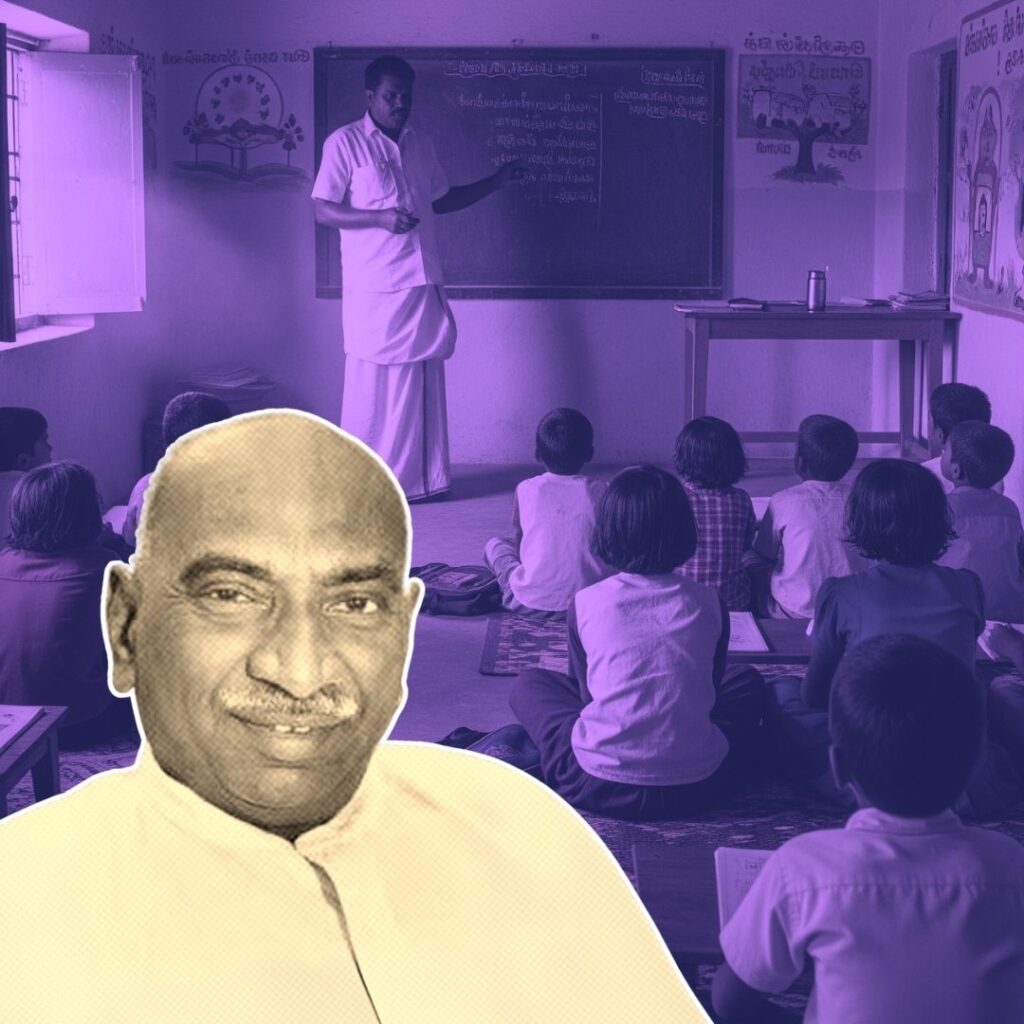Colonialism is one of history’s greatest evils. It decimated local populations, enslaved millions, destroyed cultures, created divisions and fissures which, years later, exploded into civil wars, partitions, and economic chaos.
This story is about a unique case of colonialism. It is about the only instance in world history where one man privately owned an entire country like an enterprise. This man, the King of Belgium, went on to ruthlessly exploit the local population for his own personal financial ambitions. For money, land, and power, this man killed ten million Africans and admonished an entire nation to a future of directors and civil wars.
This is the story of the Congo.
Europe’s “Scramble for Africa” and the Berlin Conference
In the 19th century, European powers divided Africa among themselves. In the Berlin Conference of 1884-1885, Europe carved Africa into zones of European control, to ensure that Western interests would not collide, and imperialism, trade, and colonialism could proceed smoothly.
The Berlin Conference was a seminal moment in the so-called “Scramble for Africa” where foreign powers invaded Africa, enslaved Africans, and colonised the entire continent.
Berlin Conference, Image Source: africafederation
France, the UK, Spain, Belgium, Italy, Portugal, Germany – all the major European powers left the Berlin Conference with ownership of large swathes of the African continent. What happened in the decades after the Scramble for Africa was the rape of Africa. The continent was stripped of its natural resources, its native populations were stripped of their dignity and lives, and the West was stripped of any moral high ground it had possessed. It would take nearly a century for Africa to regain its sovereignty; but in the process, the continent became more balkanised, more divided, more fractured.
But this article is not about Africa. It is about one part of Africa which was subjected to inhumanity of historic levels – inhumanity comparable to that which was seen on the plains of Aleppo last year, inhumanity comparable to that which occurred in the ghettos of Nazi-occupied Poland, inhumanity comparable to what happened to the Armenians in the First World War.
But the inhumanity is, apparently, insufficient. Because it finds no mention in our textbooks and does not evoke righteous outrage.
Leopold II, the King of the Belgians
Leopold II (1835 – 1909) was the second King of Belgium. He ruled for 44 years until his death, the longest reign of any Belgian monarch.
When Leopold ascended the Belgian throne in 1865, he was fanatical about gaining colonies. He loathed Belgium’s small size. “Small country, small people,” was how he described his little country.
King Leopold II, Source: valka
How Leopold acquired the Congo
At the Berlin Conference, Leopold II professed his desire to educate the African population of the Congo Free State. He disguised his imperialist ambitions under the thin cloak of philanthropy, adding that he was passionate about spreading Christianity in Africa.
To precipitate his colonial ambitions, Leopold formed the International African Association (IAA), an organisation established at the Brussels Geographic Conference of 1876, an event hosted by Leopold. The IAA was used by Leopold to further his interests in in Central Africa. Europe, impressed by the Belgian King’s religious and humanitarian goals, ended up giving the man private control of a region seventy times larger than Belgium.
The Berlin Conference saw Leopold walk away with his own private colony, a colony of about 100km2 in Central Africa. The ruler of one of Europe’s smallest countries now privately owned land that was larger than England, France, Germany, Spain, and Italy combined.
Image Source: pinimg
This land was the “Congo Free State”. Today, it is its own country – the Democratic Republic of the Congo. The Congo Free State was a massive stretch of land composed of rainforests and savannah, and also snow-covered mountains, glaciers, and volcanic hills.
Leopold owed European knowledge of the Congo to the expeditions of Henry Morton Stanley, a Welsh-American journalist and explorer.
Henry Morton Stanley
Before Leopold commissioned him to map the Congo, Stanley had made two “journalistic” trips to Africa – in 1869 and in 1874. During his second trip, as he made his way down to the Congo River on the Atlantic coast, he “attacked and destroyed 28 large towns and three or four score villages”. In 1879, Stanley was off again to Africa, this time under commission from King Leopold to colonise Congo for him. Stanley used the gun, cheap European goods, and simple terror to take over the land of local tribes.
Stanley has been accused of indiscriminate cruelty against Africans. His ill treatment of the local Congolese people is well-documented. On the same, he wrote: “[Many] people have called me hard, but they are always those whose presence a field of work could best dis…











